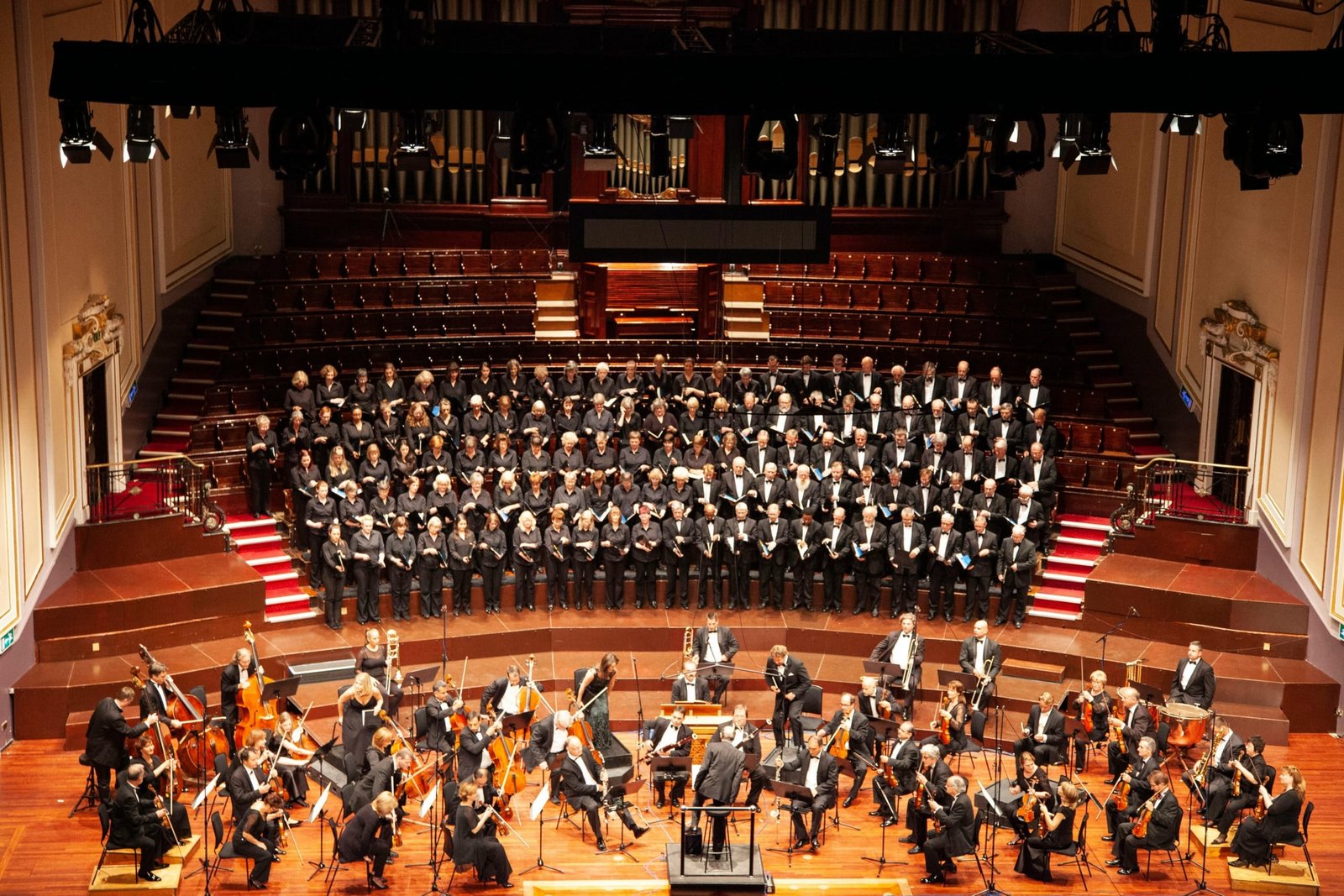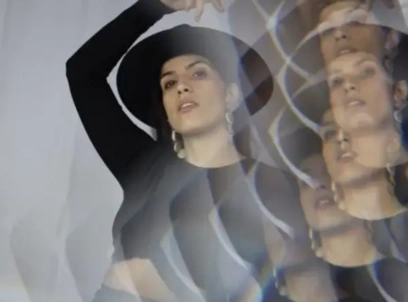In conversation with Carrie Churnside, Associate Professor in Music at the Royal Birmingham Conservatoire (part of Birmingham City University)
Before I began further researching for this interview and actually speaking to Carrie, I had made my own hypothesis, and through that, an angle that I wanted to take. My hypothesis was the following: classical music is in decline, and what I wanted to investigate was the reason. After reading various studies and concluding my interview; however, I had realised that I’d been completely wrong. Rather than being in decline, classical music has simply been transforming itself, adjusting to modern standards and expanding in its scope.
Introduction to Carrie
Carrie specialises in 17th and 18th century music, taking a particular interest in Baroque. Her appetite for the genre began in sixth form as she began playing the cello and formed a band with her friend, who played the recorder. She is fascinated by the beauty of Baroque music, but also the changes and new ideas that occurred in the 1600s when musicians began breaking the rules and experimented with harmonies and dissonances. The same way Baroque music was groundbreaking for its time, Carrie sees amongst her students and colleagues in the RBC a desire to disband conventions: ‘You’re not just coming in and playing classical music; there is a whole range of genres and they’re actively working to breakdown unhelpful genre barriers.’
‘You’re not just coming in and playing classical music; there is a whole range of genres and they’re actively working to breakdown unhelpful genre barriers.’
She vouches for exposing young people to as many different types of music as possible, allowing them to choose and further create what they love.
Orchestral Performances: Elitist or Vital?
Around recent years, there has been discourse regarding whether formal orchestral performances are elitist, primarily due to the traditional etiquettes associated with them. The idea that one should sit straight, not move, not make any noise and clap at specific times may intimidate many people, especially when they’ve never attended a performance previously. Carrie highlights that despite this certainly being a factor, there has currently been an increasing number of initiatives to try and combat the perceived elitism, including music gigs in pubs, car park orchestras, performances in public parks, family orchestras, etc. She doesn’t outrule the possibility that in the future there will be a shift towards more casual performances, and less strict focus on performance etiquette.
‘It’s just a set of conventions that have grown out of particular circumstances, and that doesn’t have much mileage anymore. Increasingly things are changing, but it’s the (entirely understandable) perception of people feeling intimidated by what they don’t know. There’s more to be done to ensure that no-one is put off by these outdated conventions’

Although of course, to the question of what makes orchestral performances so essential to the genre, Carrie lights up, and speaks on the beauty of seeing something live in front of your very eyes. She vouches that it allows us to allocate time specifically to enjoying music, in a way that we can’t do amidst mundane tasks in our day-to-day lives: ‘You’re giving yourself permission to stop what you’re doing and enjoy a performance.’
‘You’re giving yourself permission to stop what you’re doing and enjoy a performance.’
Seeing performance in real time allows us to feel a part of something greater, and the concert hall becomes a community for the two hours that everyone shares the experience of music. She directs me to a book called Musicking by Christopher Small, which speaks on music, or ‘to music’, as a verb – a natural human desire to come together as a society to enjoy this art form. Thus, while in the modern world platforms such as Spotify and Apple Music have made music more accessible and part of our everyday lives, it is only live performance that creates an environment for people to be completely submerged in the experience.
The Shift of Classical Music and its Place in the Contemporary World
Every generation has a different set of needs and interests, and the art that comes out of each century is a product of those societal values. During the Baroque period, music was produced for more practical purposes: composers were commissioned to write music for the church, the theatre, or the chamber. Now, while there are fewer rudimentary jobs for composers, it is in turn making space for innovation, and the demand for composers comes from a broader range of areas. Social media has undoubtedly played a role in this, creating the possibility to reach out to artists from all over the world and working together online, as well as in person. Spotify and SoundCloud are allowing artists to be heard by various audiences, and so this breadth of scope is also being reflected by the trends we see in the music that’s being produced. Carrie notes: ‘You need to be versatile in the profession if you want to make a living out of it. You get new insights from increasing your range, giving yourself new interpretations.’
‘You need to be versatile in the profession if you want to make a living out of it. You get new insights from increasing your range, giving yourself new interpretations.’
Classical music, a wide umbrella of subgenres as it is, is reestablishing itself as a space for experimentation, unbounded by traditional conventions that might’ve previously linked to it. Carrie talks to me about the inevitability of people craving change, rather than simply going back to names that we may think of when we hear ‘classical music’ – Beethoven, for instance. Though she notes that there will always be a space for traditional live acts, such as string quartets, she is also noticing her colleagues experimenting with technology, whether that’s for composition or performance.
This led me to wonder about the discourse that I’m sure all of us have now become all too familiar with – AI. Indeed, Carrie has come across websites that can generate a song based on a description of genre and characteristics; we might ask it to create a nocturne inspired by Mozart. Albeit, she has no fears of AI taking over, and notes that human creativity and real-life composition is unlikely to be replaced. Moreover, AI can be incorporated as a compositional tool and stimulus, giving artists the chance to draw on technology to come up with something new and inventive.
Experimental Classical Music and Letting Innovation Flourish
If we’re discussing the topic of breaking genre barriers, it is certainly worth looking at experimental classical music, and its use of orchestral sounds such as the organ, to create moody and trance-like melodies. Carrie adds that this emergence can also draw in new audiences and reiterate the notion of breaking down ideas of what we can and can’t do. Ultimately, music is an apparatus that can transport us to different spaces and open our minds, so open-mindedness in what classical music can be is imperative: ‘A world without music would be a much darker place.’
‘A world without music would be a much darker place.’
Music is a constantly shape-shifting art, and for a genre to continue enthusing its audience, it is important to not be confined by conventions or traditional ideas of what ‘passes’ as classical music. Through this conversation with Carrie, I was surprised to realise how many classical musicians are already working towards breaking barriers, but I am still left wondering what it takes for the elite-centric character of it to be completely eradicated. While music tastes are subjective and there will always be a fanbase for traditional classical music, it’s imperative that we create space for experimentation and the blossoming of something new and exciting. To pose a question for the readers: do you think classical music has greater value when it honours its roots and traditions, or is it necessary for it to change to stay relevant in the realm of popular genres?
I would like to leave you with a short list of experimental classical artists to explore, and to perhaps ponder on what we know and consider classical music to be, and how it’s evolving into a new, equally captivating form.
Experimental Classical Music to Explore
- Deaf Center: the album ‘Low Distance’ incorporates piano and cello in a slow, trance-like manner (‘Movements / The Ascent’ – beautiful track with orchestral elements)
- Bing & Ruth
- William Basinksi
- Ben Lukas Boysen: particularly the album Gravity


